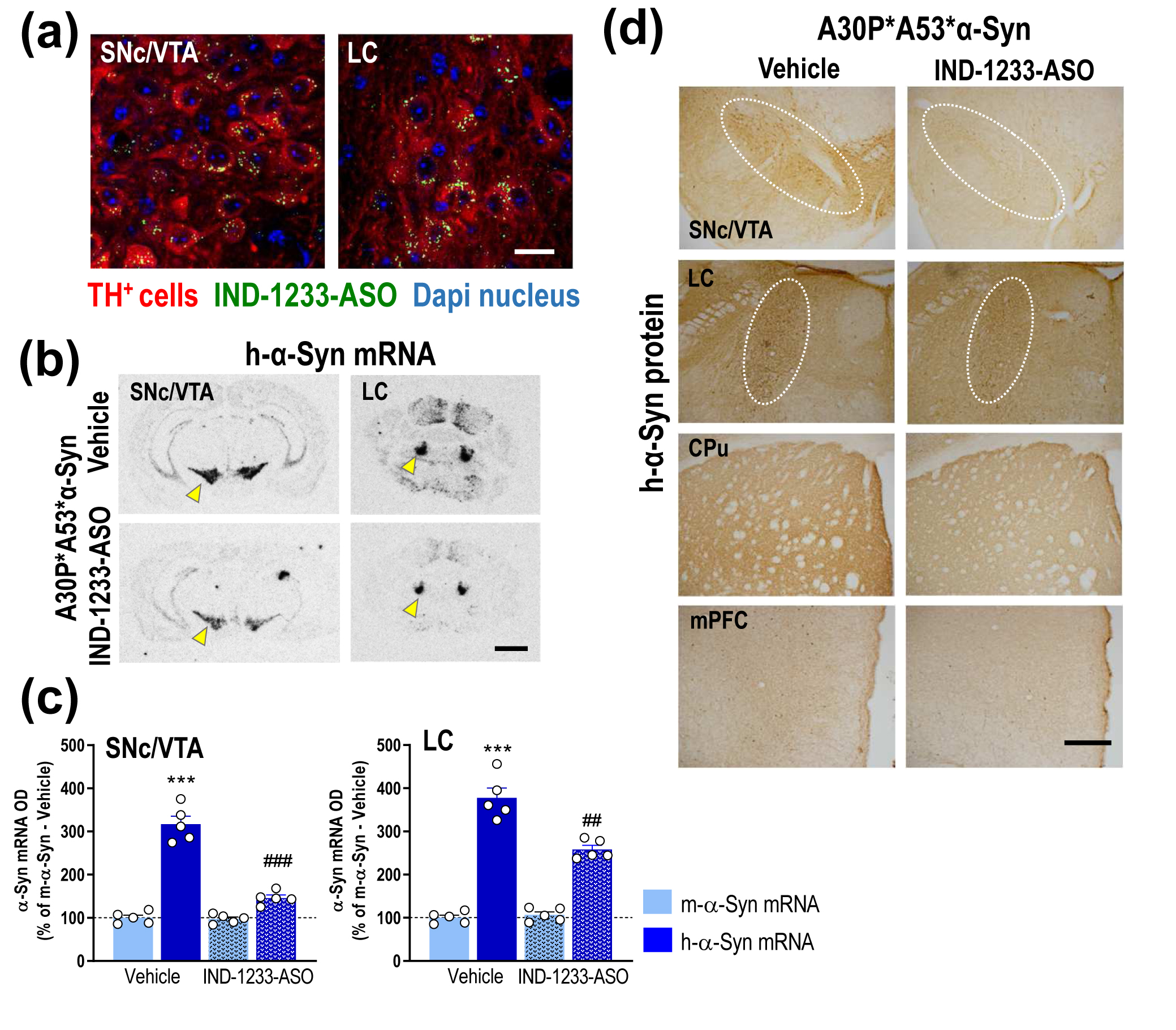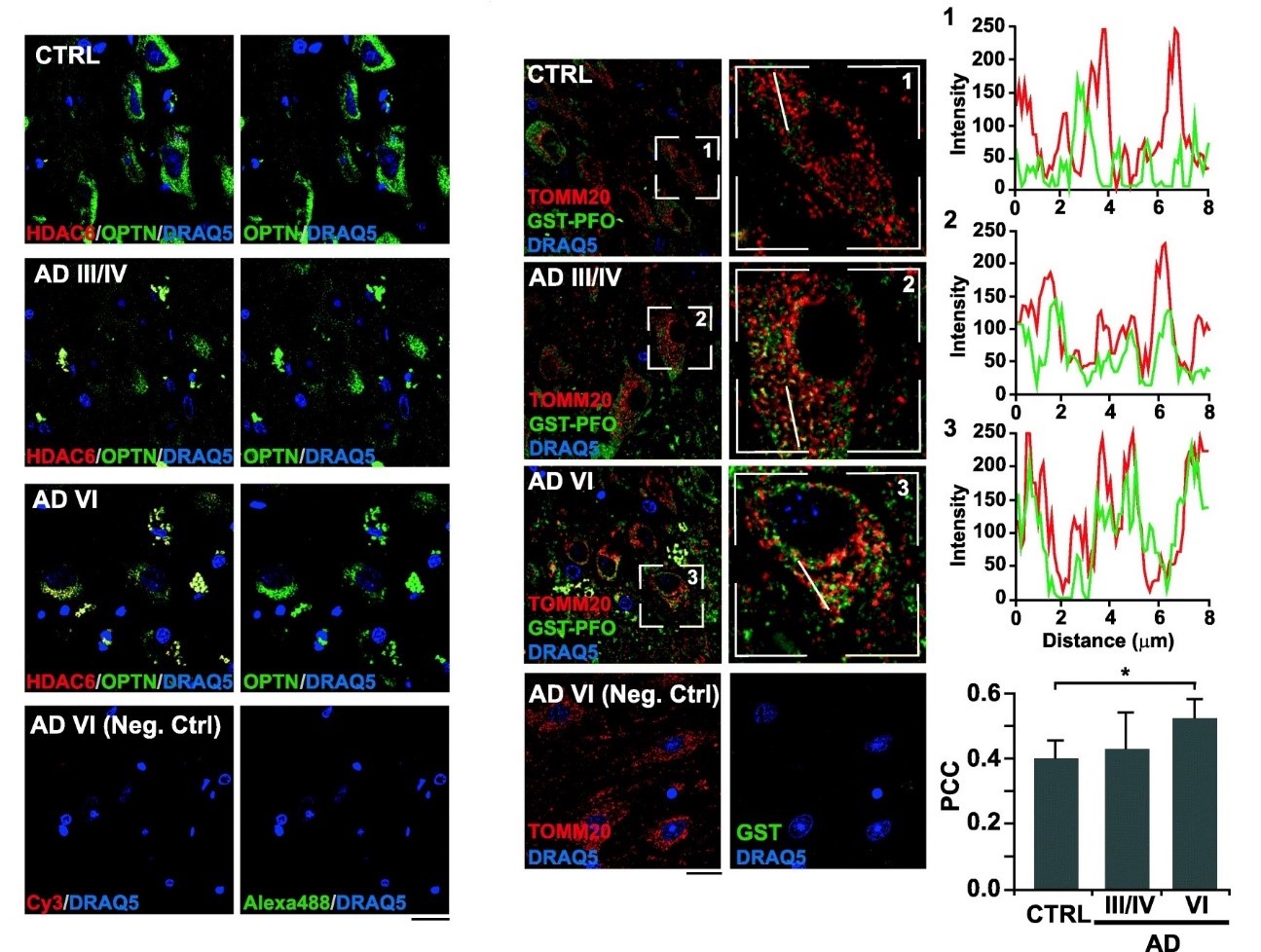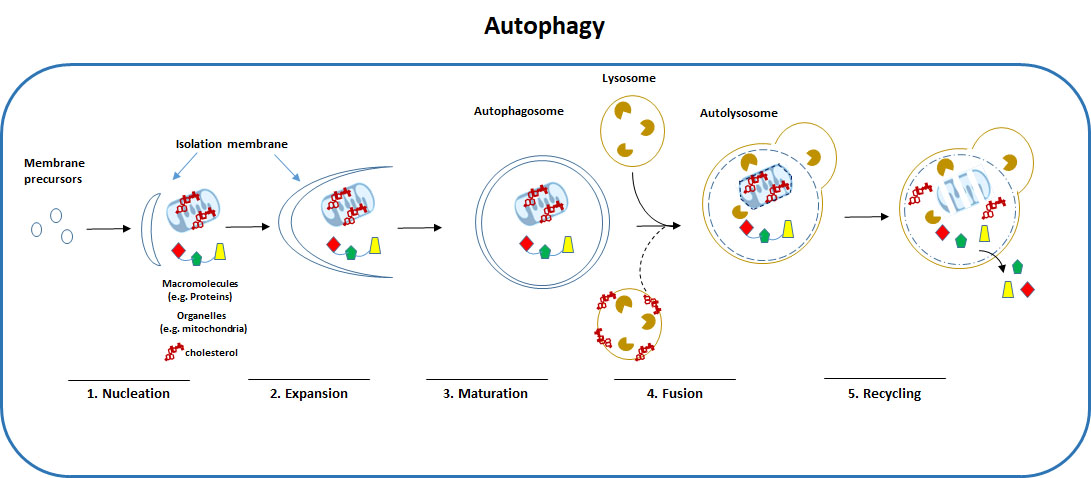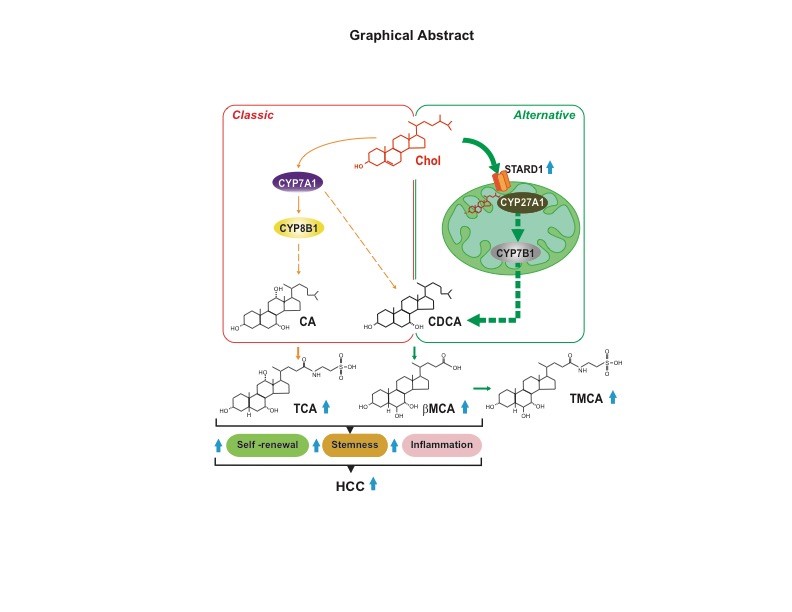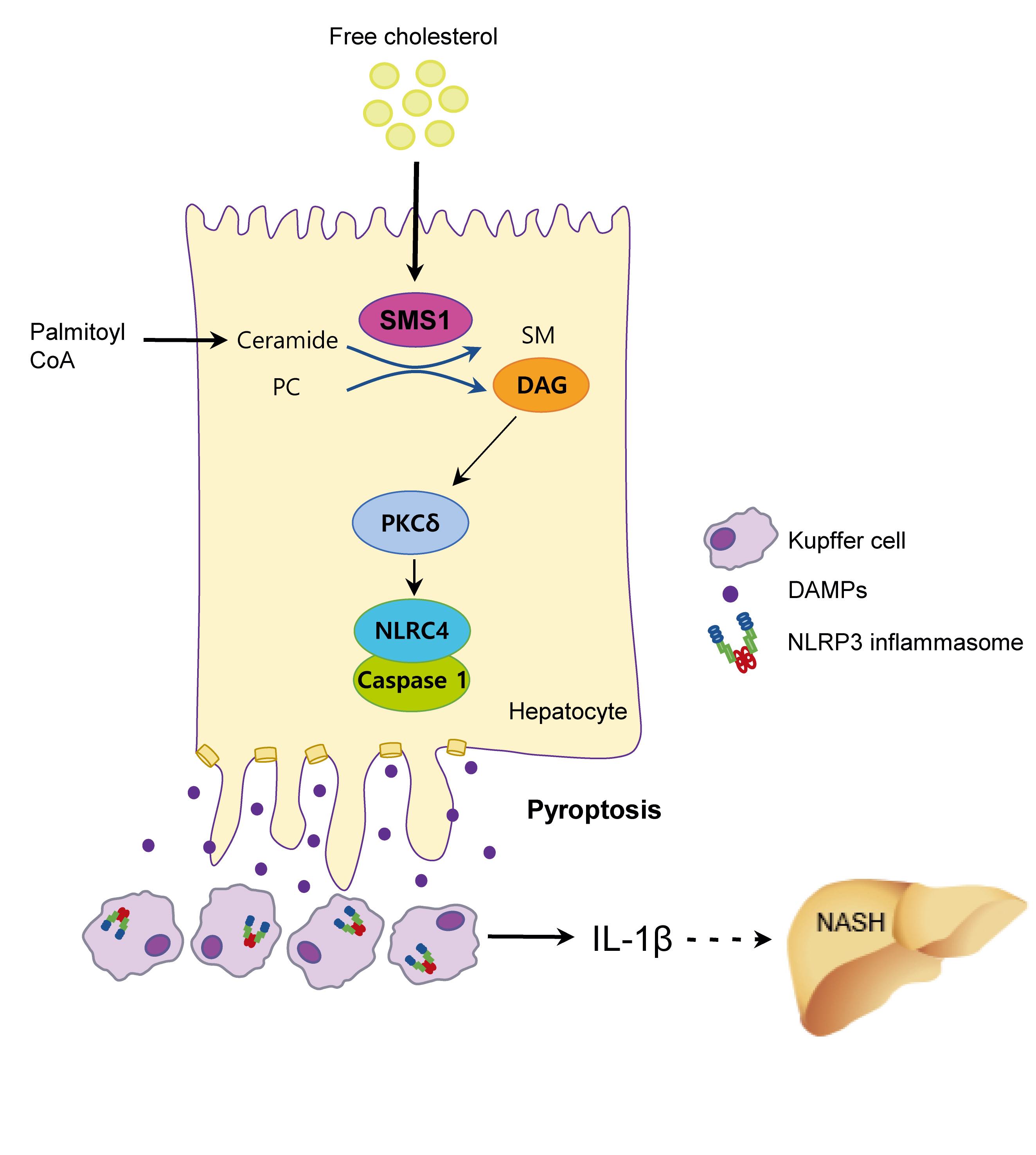-
The oligonucleotide, designed to act only on dopaminergic and noradrenergic neurons, reduces the production and accumulation of the mutant alpha-synuclein protein, a key protein in the development of Parkinson's disease
-
The work is led by the Barcelona Biomedical Research Institute of the CSIC and IDIBAPS




